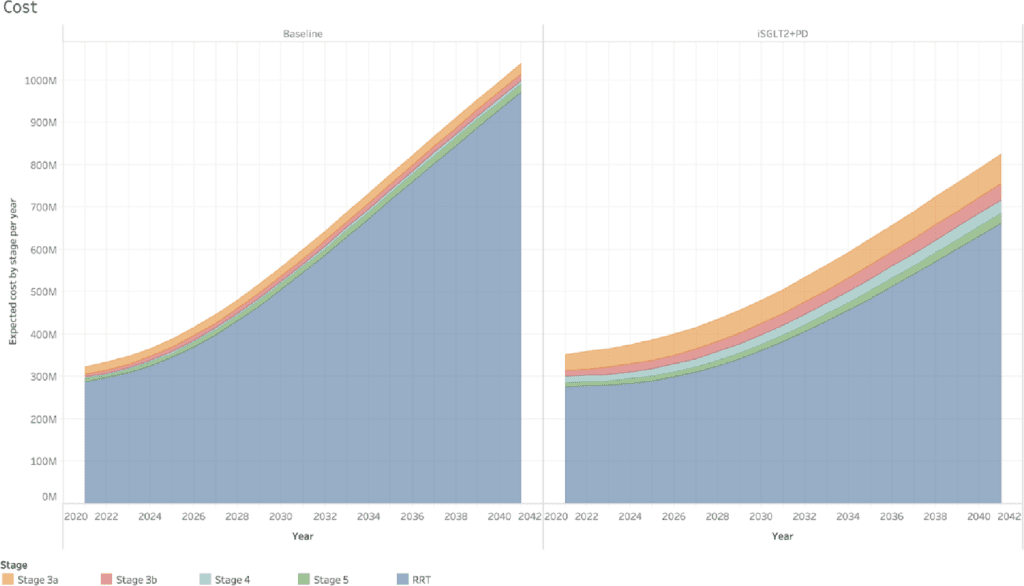The Prevalence Of Chronic Kidney Disease Is Rapidly Increasing

Chronic Kidney Illnesses: Renal failures and kidney diseases among the young and old are placing a big burden on the country’s medical system and eating deep into people’s finances. Renal failure or kidney illnesses account for more than 3% of all fatalities in India between the ages of 15 and 69 each year.
According to the National Kidney Foundation, approximately 10% of the adult population has some form of kidney disease, and nearly 200,000 people are diagnosed with severe kidney disease (end-stage kidney disease) each year; unfortunately, more than 90% of these deaths are due to a lack of access to and affordability of renal replacement therapy in the form of dialysis or transplantation. According to a report published in the National Medical Journal of India, renal failure alone caused 136 000 deaths in 2015.
Kidney disease indicates that your kidneys are unable to filter blood as effectively as they should. The condition is called “chronic” (CKD) because the damage to your kidneys occurs gradually over time. Waste might accumulate in your body as a result of this harm. Other health issues can arise as a result of CKD. You may experience difficulties such as:
Anemia due to high blood pressure (low blood count)
bones that are brittle
a lack of nutritional health
injury to the nerves
Kidney disease raises your chances of developing heart and blood vessel problems. These issues may develop gradually over time. Early detection and treatment can typically prevent the progression of chronic renal disease. When kidney disease worsens, it can lead to renal failure, which necessitates dialysis or a kidney transplant to survive.
“Kidney disease is the eighth leading cause of death in our country,” said Dr. Vijay Kher, renowned nephrologist and Chairman of the Medical Board and Department of Nephrology & Kidney Transplant at Epitome Kidney Urology Institute & Lions Hospital. Sometimes people only notice the symptoms after the disease has progressed to End-Stage Renal Disease (ESRD). Focused and super-specialized healthcare institutes, such as Epitome, can be a huge help not only in disease treatment but also in disease prevention.”
He went on to say, “There has been a huge surge in the incidence of CKD risk factors around the world, particularly in India, with a global epidemic of diabetes, hypertension, the Covid-19 pandemic, and obesity.” Unfortunately, the majority of chronic kidney disease patients in India (>50 percent) go untreated until the condition is advanced.”

Diabetes and high blood pressure, or hypertension, account for two-thirds of all occurrences of chronic renal disease.
Diabetes develops when your blood sugar levels remain abnormally high. Uncontrolled blood sugar levels can damage several organs in your body over time, including the kidneys, heart, blood vessels, nerves, and eyes.
High blood pressure happens when the pressure of your blood against the walls of your blood vessels rises. High blood pressure, if uncontrolled or poorly regulated, can be a leading cause of heart attacks, strokes, and chronic renal disease. Chronic renal disease can also lead to high blood pressure.








